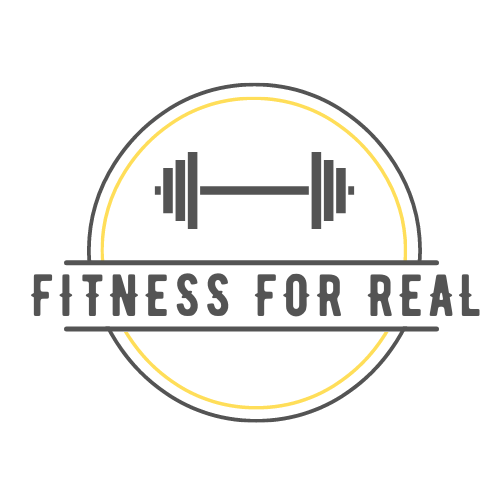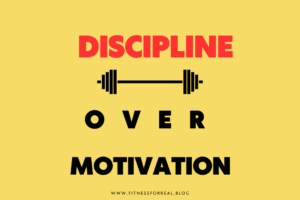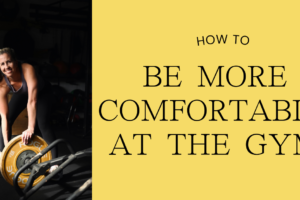Many people want to live a healthier lifestyle, but taking those initial steps towards fitness can often be daunting. The journey is different for everyone, and what works for one person may not work for another. However, certain principles remain universal. Here is some advice for getting started with fitness.
1. Establish Your Purpose and Goals
Your first step in this journey is to set clear, achievable goals. Whether it’s losing weight, gaining muscle, increasing endurance, or simply being healthier, having a goal gives your fitness journey a clear direction. Your goals should have purpose and meaning bigger than a number on a scale and bigger than today. Having a clearly defined purpose that you really care about will anchor your commitment, consistency, and discipline to help you keep going even after “motivation” has worn off.
2. Assess Your Current Fitness Level
Before you start a workout routine, it’s good to objectively assess your current fitness level. This will help you to establish a baseline from where you can measure your progress. You can get a health check-up and consult with a doctor or personal trainer who can assess your body composition, flexibility, cardiovascular endurance, and muscular strength. As always, consult your doctor if you have any health issues!
3. Plan Your Workout Routine
After setting your goals and understanding your current fitness level, the next step is planning your workout routine. Your exercise program should include a balance of cardiovascular, strength, and flexibility training. Aim for at least 3 days a week but know it’s okay to have a couple off days as well each week. Always start slow and gradually increase the intensity as your body adapts. You could decide to work out at a gym, at home, or even outdoors. Choose a setting that you enjoy and makes you look forward to your workout sessions.
4. Embrace a Nutritious Diet
A healthy diet is just as important as regular exercise in a fitness journey. Make sure your meals consist of balanced proportions of proteins, carbohydrates, and fats. Plenty of fruits, vegetables, lean proteins, and whole grains should form the bulk of your diet. Hydrating regularly is also important. Consider consulting a nutritionist or dietitian to help guide your food choices, especially if you have specific dietary needs or health conditions.

5. Consistency is Key
The most vital element in getting started with fitness AND sustaining it is consistency. Even the best workout and diet plan won’t work if you’re not consistent. Choose a routine you can stick to, and make sure you’re dedicating time to your wellness every day. Normalize “making time” because that is just what you have to do!
6. Keep a Positive Mindset
There will be challenges along the way, and progress may sometimes seem slow. It’s important to maintain a positive mindset, even when motivation tanks. Focus on your purpose and embrace discipline to help you keep moving on days where motivation wanes. Celebrate small victories, whether it’s running a minute longer, lifting heavier weights, or simply sticking to your workout schedule. Remember, fitness is a marathon, not a sprint.
The Takeaway for Getting Started with Fitness
Getting started with fitness can be a transformative experience that offers rewards beyond physical changes. Not only does it enhance your health and well-being, but it also boosts your confidence and contributes to a happier and more energetic life. The first step is often the hardest, but every step you take brings you closer to your fitness goals. Take it one workout, one day, one week, and one month at a time.
Further Reading
Why is Foam Rolling a Runner’s Best Friend?
Why Discipline Beats Motivation When It Comes to Working Out








